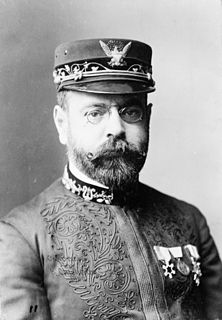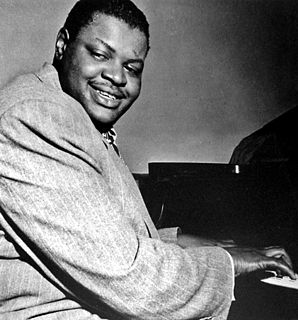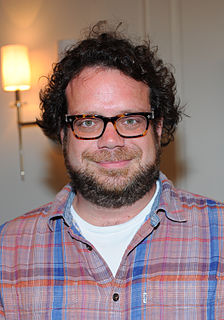A Quote by Gustav Mahler
To judge a composer's work, one must consider it as a whole.
Related Quotes
The judge's authority depends upon the assumption that he speaks with the mouth of others. That is to say, the momentum of his utterances must be greater than any which his personal reputation and character can command, if it is to do the work assigned to it - if it is to stand against the passionate resentments arising out of the interests he must frustrate - for while a judge must discover some composition with the dominant trends of his times, he must preserve his authority by cloaking himself in the majesty of an overshadowing past.
When we play music we describe the echo the tableau of natural forms, their shapes and arrangements, as uncovered by the composer's imagination, which yet must be filtered through our own. There is no other way. And in acknowledging this tableau, this revelation, we must "hesitate", we must doubt, as the composer doubted, for no valid creation can issue unscarred by doubt, by that vast flux of wonder which precedes the construction of being.
An actor and a [theatre] director are both what I would call interpreters of work. We interpret a work, just as a musician will interpret a composer's work, we interpret the work of a playwright. We are servants of the theatre and I've always believed that. We must serve what has been written, that's what we're there for.
Sometimes the personality or just the particular process of a director can really affect your quality of life as a composer in terms of how much time you spend away from your family or the amount of time you spend doing the type of work that you maybe don't consider as fun to do as other type of work.







































